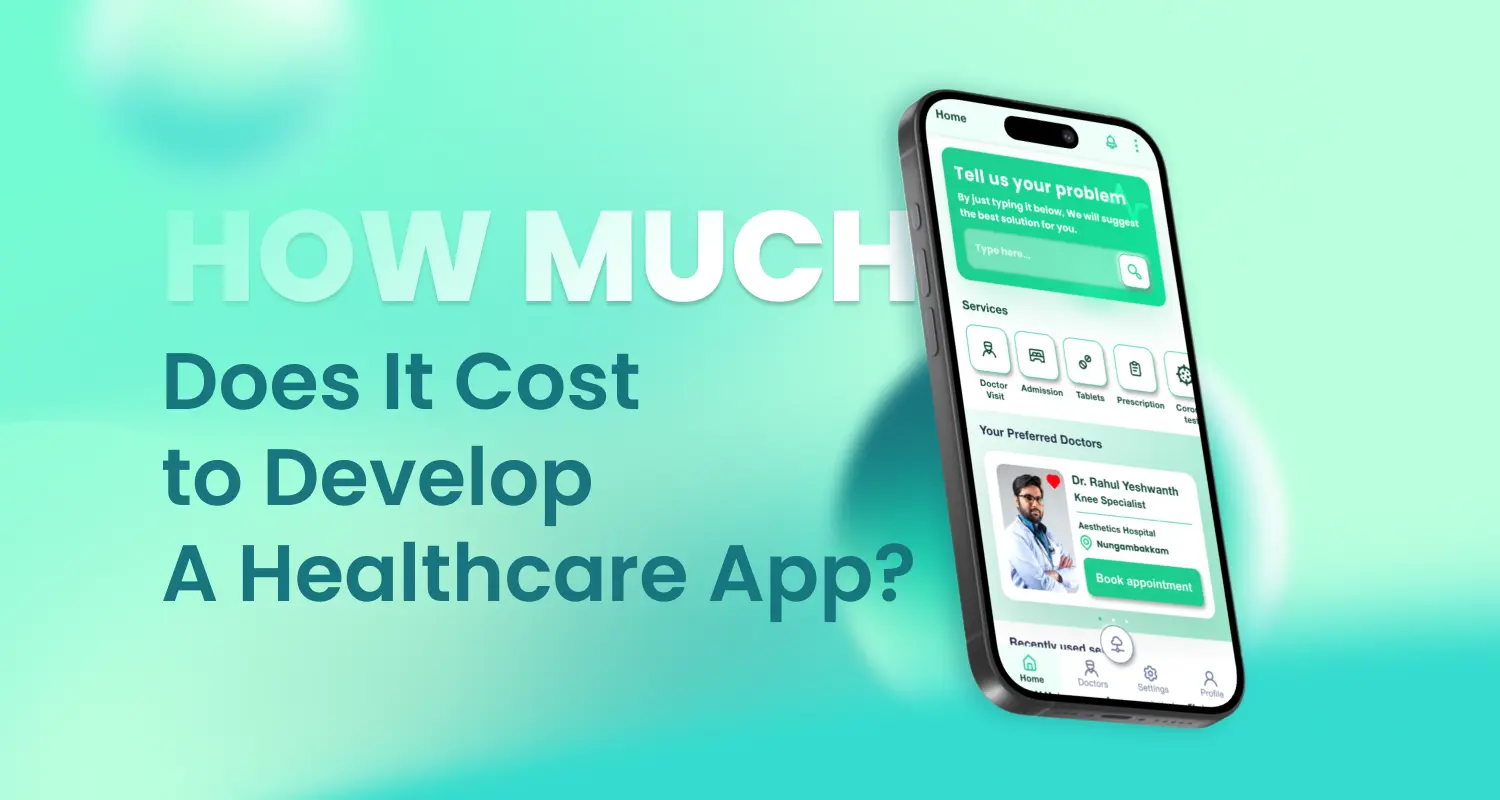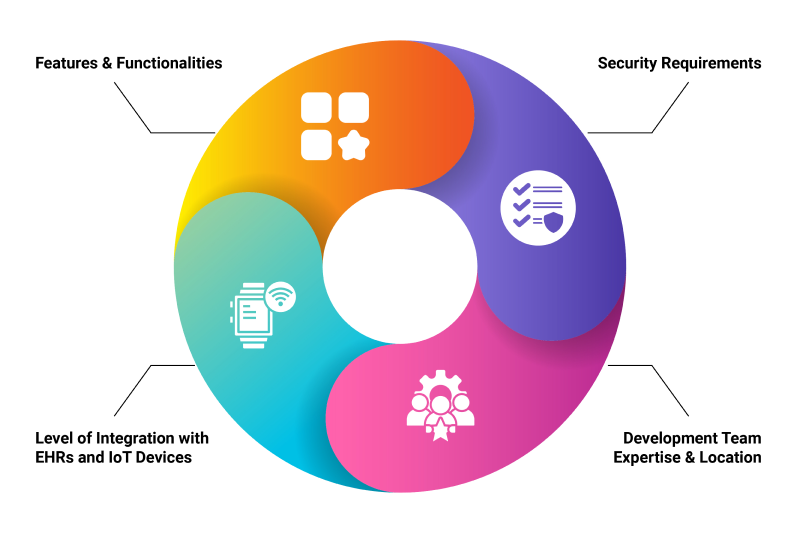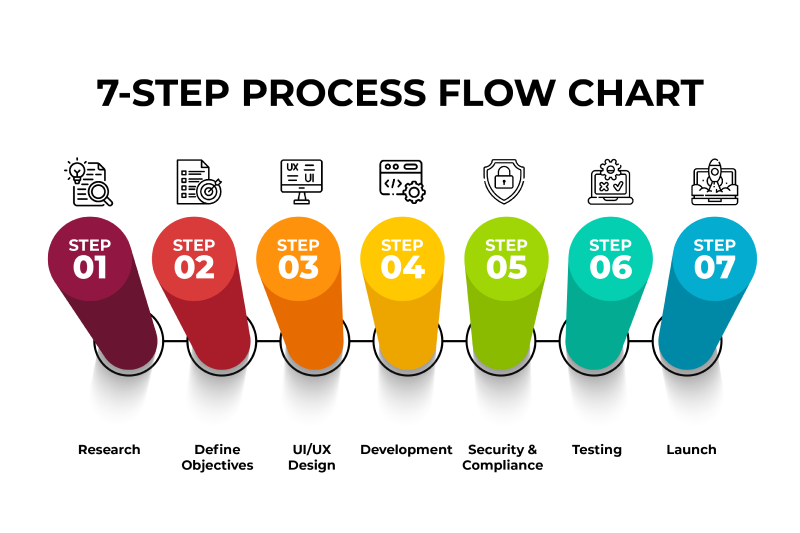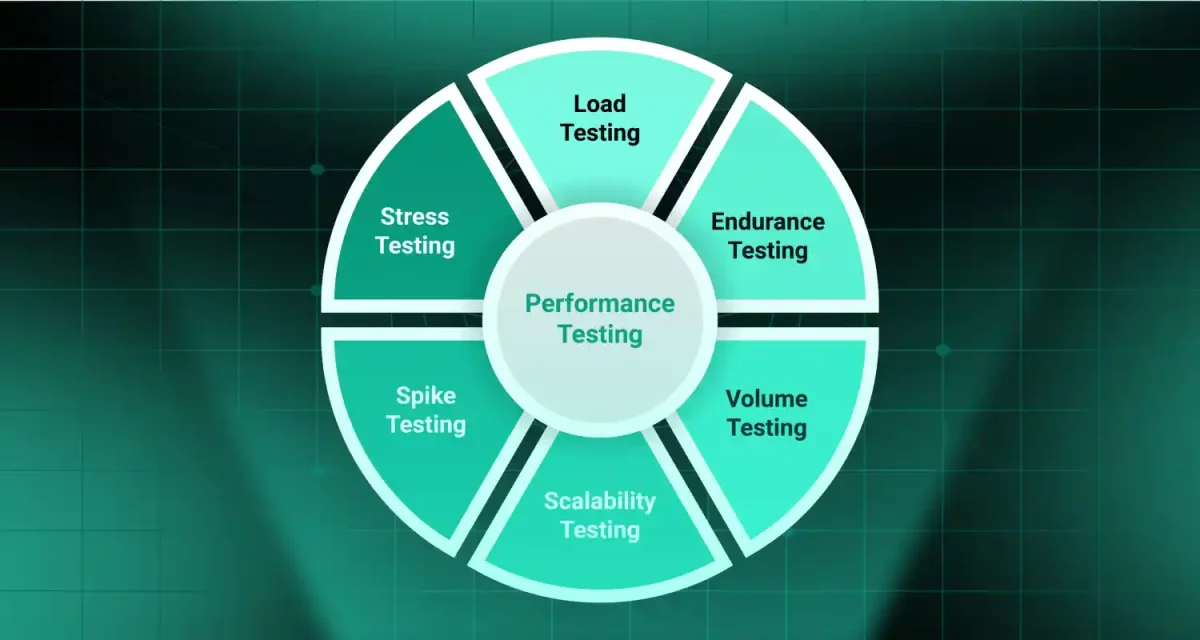
Healthcare apps are on the rise. From online consultations to health tracking, they’re changing how we access medical services. If you’re planning to build a healthcare app, you’re probably asking: How much does it cost to develop a healthcare app?
The answer depends on many factors, features, complexity, security, and regulations. In this guide, we’ll cover:
- Key factors that affect healthcare app development cost
- Cost estimates based on app types
- A step-by-step process to develop a healthcare app
- Best practices to ensure your app is secure, compliant, and scalable
1. What determines the cost of a healthcare app?
How much does it cost to develop a healthcare app? The answer depends on what you’re building.
A simple app with basic features like booking or reminders may cost from $30,000 to $120,000. Medium-complexity apps with chat or wearables integration range from $100,000 to $500,000. Advanced apps using AI or syncing with hospital systems can exceed $500,000.

What drives the cost? Mainly the app’s features, security requirements, and integration needs. For example, building HIPAA compliance, data encryption, and secure user authentication takes extra time and resources. Development time varies too. Basic apps can take 2–3 months, while complex platforms may need 6-10 months or more.
Finally, the team’s location matters. Offshore teams may cost less, but experience in healthcare software development is crucial. In the next section, we’ll look at how to actually develop a healthcare app, step by step.
Read more >>> How Much Does It Cost to Make an Educational App?
2. Step-by-step guide to building a healthcare app
Developing a healthcare app is more than just building screens and writing code. It requires careful planning, industry knowledge, and a clear process. Here’s a practical step-by-step guide to help you build a healthcare application.

2.1 Conduct market and regulatory research
Before you build anything, understand the problem you’re solving. Who are your target users: patients, doctors, or administrators? What do they actually need from a healthcare app?
Research your competitors to see what’s working in the market and where the gaps are. At the same time, check regulatory requirements. If you’re operating in the U.S., your app must be HIPAA-compliant. In Europe, GDPR rules apply. These regulations affect how you collect, store, and share patient data, so don’t skip this step.
Read more >>> How Much Does It Cost to Make a Dating App in 2025?
2.2 Define your app’s goals and features
Set clear goals for what your app is meant to achieve. Are you trying to improve patient engagement? Streamline doctor-patient communication? Reduce clinic wait times?
Based on your goals, choose the right features. Popular ones include appointment scheduling, video consultations, medication reminders, EHR access, and symptom checkers.
Start with essential features to get your minimum viable product (MVP) out faster. You can always add more functionality later based on user feedback.
2.3 Design user-friendly UI/UX
User experience is critical in healthcare. Many patients, especially the elderly, are not tech-savvy. Your app should be easy to navigate, with large buttons, readable fonts, and clear instructions.
Make sure the app is accessible for people with disabilities and supports both Android and iOS devices. Good design also builds trust. A clean, modern interface shows that your app is reliable and professional.
2.4 Develop and integrate
Now it’s time to build. Choose a tech stack that’s scalable, secure, and appropriate for your app type. The backend should be able to handle data securely and perform well under load. If your app needs to work with hospital systems, you’ll need to integrate with Electronic Health Records (EHRs) or APIs provided by those platforms.
Also consider whether your app will use IoT devices like heart rate monitors or glucose meters. These require additional setup and testing.
2.5 Ensure compliance and security
This step is often overlooked but absolutely essential. Healthcare apps deal with highly sensitive information, so protecting user data must be a top priority.
Use strong encryption, secure user authentication, and role-based access control. Perform regular security audits. Compliance is not just about avoiding legal trouble, it’s about gaining user trust. If users don’t feel safe, they won’t use your app.
2.6 Testing and deployment
Before launching, test the app carefully. Fix bugs, check performance, and make sure everything runs smoothly. This step helps prevent problems after release.
2.7 Launch and improve
Before launch, test your app thoroughly. Run both manual and automated tests to check for bugs, performance issues, and security holes. Test on different devices and under real-world conditions. You don’t want to discover a major issue after launch. Once testing is complete, deploy the app to app stores and monitor its performance. Collect user feedback and plan updates to improve the app over time.
Read more >>> How Much Does It Cost to Build an iOS App 2025?
3. Best practices for developing a secure and scalable healthcare app
Knowing how much it costs to develop a healthcare app is only part of the journey. To make sure your investment pays off, you need to follow some best practices. These help ensure your app is safe, scalable, and ready for real-world use.
3.1 Prioritize user data protection
Security is non-negotiable in healthcare software development. Use data encryption, secure logins, and strong user authentication methods. Your users trust you with sensitive medical data to keep it safe.
3.2 Stay compliant with regulations
Whether you’re building a telemedicine app, a patient engagement app, or anything in between, make sure your app meets healthcare laws like HIPAA or GDPR. Non-compliance can lead to costly issues later.

3.3 Keep the user experience simple
Great design matters. Make sure your app is easy to use for people of all ages. Focus on clear navigation, fast load times, and accessibility.
3.4 Plan for integration
Most modern healthcare apps need to connect with systems like EHRs or IoT medical devices. Support interoperability from the start so your app can grow and work with others smoothly.
3.5 Design for scale
When estimating the cost to develop a healthcare app, don’t forget long-term needs. If your app gains users fast, you’ll need a backend that can handle it. Scalability helps you grow without rebuilding.
3.6 Boost engagement
Features like health tips, reminders, or chat support help users stay active. An app that keeps users engaged delivers more value and better health outcomes.

4. Conclusion
Healthcare apps are becoming essential tools in modern medical care. Whether you’re looking to improve patient access, streamline services, or offer remote consultations, a well-designed healthcare app can make a big difference.
But before jumping into development, it’s important to understand how much does it cost to develop a healthcare app. The cost depends on many factors, including the app’s complexity, required features, security needs, and compliance with regulations like HIPAA or GDPR.
By following a clear process from research and planning to testing and launch. You can save time, avoid common mistakes, and build a product that delivers real value to users. Don’t forget to follow best practices for security, usability, and scalability, especially when working in a sensitive field like healthcare.
Whether you’re an entrepreneur or a healthcare provider, knowing the full picture of healthcare app development cost and process gives you the confidence to take the next step. Plan carefully, invest wisely, and your app can become a trusted part of someone’s health journey.
Want to bring your healthcare app to life? Partner with Stepmedia Software for reliable development from strategy to launch.




